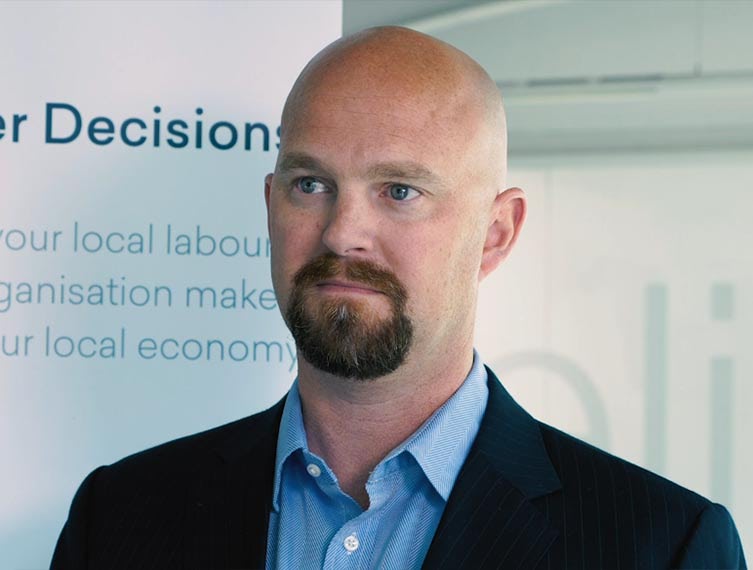“Lego Learners” Are Tomorrow’s Global Workforce: Dis-aggregating job titles into skills

Tomorrow’s global workforce
When you think about the global workforce it’s not what has traditionally been thought of, as you have manufacturing done in China and India, and you have the knowledge workers in the West.
You’re seeing that the best workforce is having the right workforce for your company.
Not just putting people in boxes of: “They’re from this country”, or “They’re in this area”.
Skilled workers are everywhere today.
The global workforce is ever changing. Travel is so much easier and people are migrating around the globe:
How can we match those skills needs, locally and internationally?
The trick is going to be, when you’re trying to understand what what the workforce is, you can’t just think of job titles the way you used to.
“You’re a manufacturing person”… advanced manufacturing requires as much computer skill as the old computer jobs used to require.
What we’re seeing today is that you need to understand skills embedded in the workforce, and skills embedded in people, and then be able to match that up with the skills that you’re looking for in your jobs.
Not even worry about the regions necessarily, because the technology is available that you can have people working anywhere and performing skills that are just amazing, remotely.
Entry level skills and lifelong learning, career changers, CPD and career continuation:
What does the future of skills mean locally and globally?
When you’re thinking about the future of skills and how things work, the job titles that we’re using today don’t necessarily match, or they won’t match in the future.
Skills will start to coalesce into new occupations and new careers.
Cybersecurity wasn’t even a thing, not too many years ago and that’s now a job title we all talk about.
What’s the job title of the future going to be?
For us to be able to understand that, we need to dis-aggregate job titles into skills.
What that allows you to do, if you can do that, is to take entry level positions and understand the kind of “Lego learners” as we’re calling them.
What are the pieces that those entry level people need, to get to the next level, to get to the next level, and the next level, and the next level.
We might not even know that job title yet, but we’re start to see those skills emerging.
Those come out of job postings for employers, they come out in resumes from workers, and people being able to talk about, “Hey, I can do this thing”.
As we start to see those skills coalesce into a job title, then that helps direct where people should go, and how they should put their effort into those learning outcomes.
Andrew Crapuchettes, CEO, Emsi











Responses